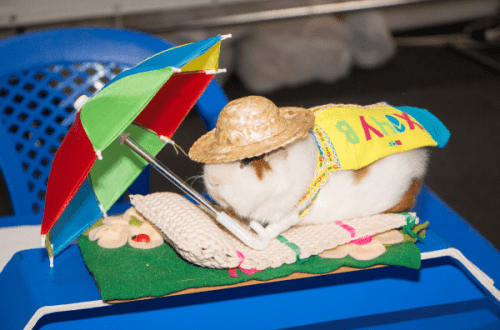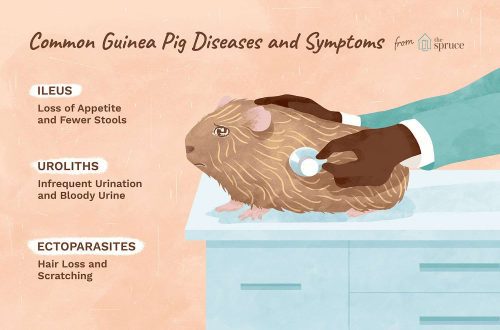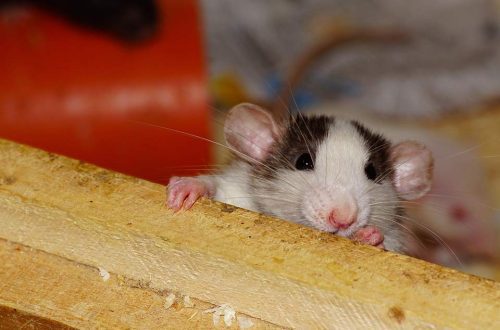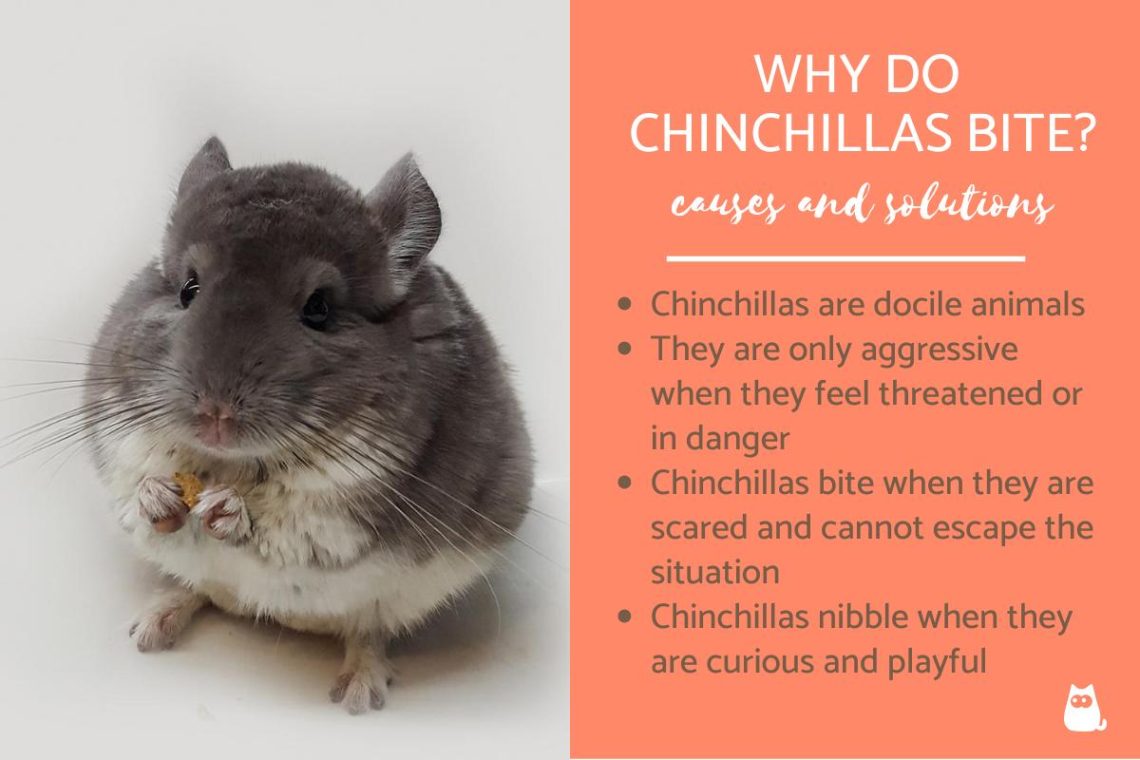
Do chinchillas bite at home or not?
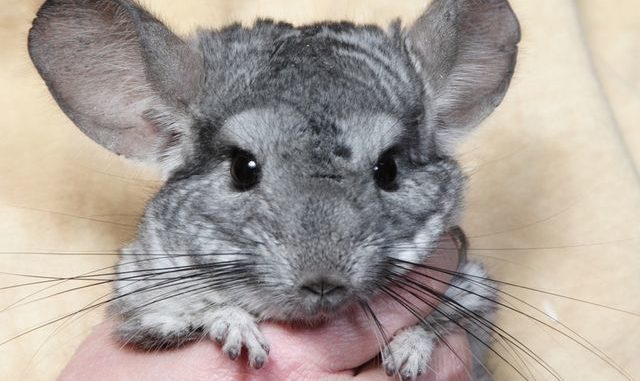
Thanks to their beautiful soft fur and attractive appearance, chinchillas are very popular as pets, especially for children. Therefore, the question of whether chinchillas bite at home is one of the first that parents have when deciding to get this fluffy animal. Despite the fact that chinchillas are well tamed and have an affectionate sociable character, even the most tame individuals can bite the owner under a number of circumstances.
Why does a chinchilla bite
The reasons for the manifestation of aggression are very diverse. If you just brought the animal home, this may be a reaction to stress. An unfamiliar environment causes a feeling of danger in the animal. Instead of curiosity, he feels fear and a desire to defend himself. A chinchilla can make frightening sounds: quacking like a duck or a hoarse croaking sound. If during this period you try to pick him up, he can bite the owner. It is necessary to give the chinchilla a few days to get used to the unfamiliar environment, sounds, smells, people. It is best to reduce the noise level in the room where the cage is located for this period, as well as provide the animal with a darkened shelter or put up a house.
Inadequate nutrition, as well as poor housing conditions, also stress the animal, making it aggressive.
A small chinchilla can also bite because it is actively exploring the world around it. To gain experience, the pet will try on the tooth all unfamiliar objects, including clothes and the owner’s hand. Usually, when biting out of curiosity, chinchillas only slightly pinch the skin, so they do not cause serious concern. In addition, this behavior usually disappears as they grow older. Another natural cause of biting is a reaction to grooming. In nature, chinchillas groom each other’s coats, so if you stroke or brush the animal’s fur, it may lightly bite you in response.
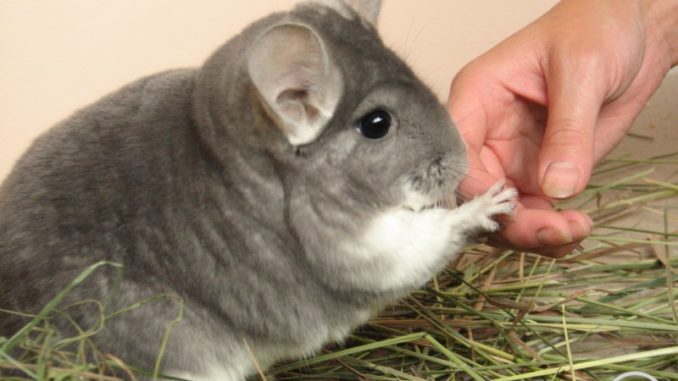
Often chinchillas bite during a period of hormonal changes. Females occupy a dominant position, therefore, during estrus, they become especially aggressive and irritable, focusing on pair formation. Males can also bite in defense of their female. Also, the cause of aggression may be the newcomer’s sharing – the chinchilla will react negatively to an unfamiliar neighbor and try to drive him away with the help of an attack. A newcomer should be hooked up only after a preliminary acquaintance and getting used to each other animals.
IMPORTANT: Stress and corresponding aggression can also be caused by internal causes – malaise or pain if the animal is unhealthy. Therefore, if the chinchilla suddenly began to bite for no apparent reason, it is better to take the animal to the veterinarian.
How to wean a chinchilla from biting
Some animals get used to biting the owner, demanding food or expressing dissatisfaction, so it is better to immediately start weaning the pet from this method of communication. To successfully train a chinchilla, the first step is to earn her trust. To do this, always keep an eye on the following aspects:
- comfortable conditions of detention – the cage should be spacious and clean;
- the animal should not experience hunger or thirst;
- communicate regularly, play with your pet;
- exclude loud sounds and noises, do not make sudden movements near the cage;
- Treat the animal with a treat every time you pick it up.
IMPORTANT: The credibility of the animal cannot be achieved if violence is used. Do not hold your pet in your arms against his will. If the chinchilla shows signs of anxiety, bites your hand, pushes with its paws, it should be released immediately.

If you are convinced that you have created all the necessary conditions, and the chinchilla bites due to habit or character, begin the gradual process of weaning. Every time your pet bites your fingers, lightly hit it on the nose or move it to the side. This will be unpleasant for the animal, and gradually he will remember that discomfort immediately follows the manifestation of aggression. If the chinchilla is small, this method will bring quick and stable results. It will be more difficult to wean an adult, sometimes a pet will fight with you for a leadership position, but patient and consistent actions will eventually affect him.
What to do with a strong bite
Chinchilla teeth are long and sharp enough, so if the animal does not bite your hand for informational purposes, namely attacks, you can get a serious wound. In most cases, it is safe if the wound is treated in the traditional way – to stop the bleeding and disinfect. Chinchillas almost never become carriers of dangerous infections, even deep bites usually heal quickly. But if the wound hurts a lot, there are signs of inflammation – it is better to consult a doctor.
IMPORTANT: If a chinchilla has bitten to the point of blood, this means that the animal is under severe stress, scared or in pain. In such cases, it is better not to try to “wean” – the pet will not understand the meaning of your actions, it will only get even more frightened.
Bites of domestic chinchillas
4.8 (95.18%) 141 votes



